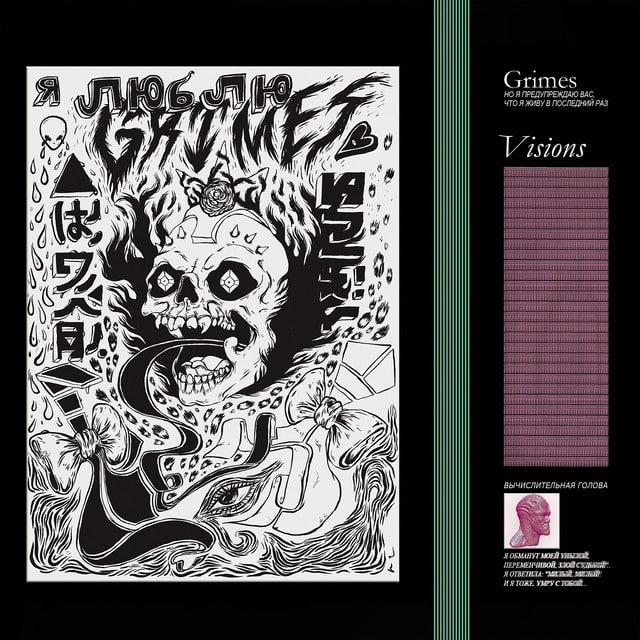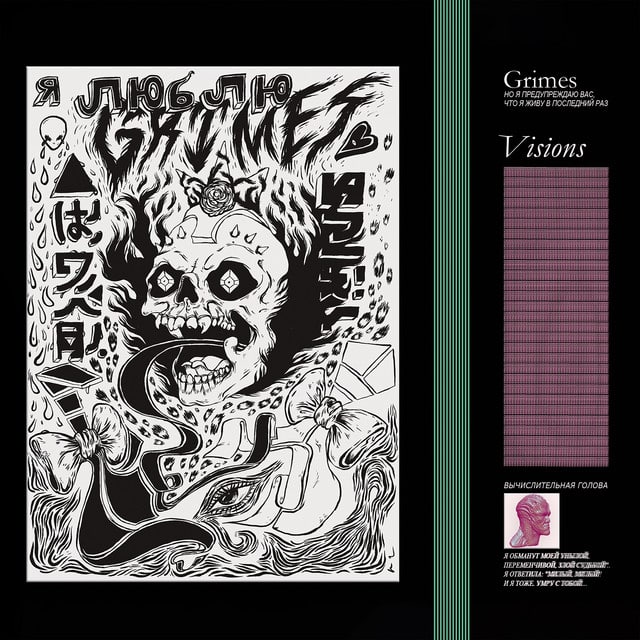Released: 2012
With “Oblivion,” Grimes takes us through a haunting journey of personal fears and societal anxieties— it’s a dark distillation of her lived experience, wrapped in pulsating synths and exhilarating beats. Far from radio-friendly pop poetic, it’s a daring exploration of vulnerability under lurking threats.
Grimes begins: “I never walk about after dark… ‘Cause someone could break your neck/ Coming up behind you”. These chilling opening lines set the tone of the song, alluding to feelings of danger and paranoia that many, especially women, experience after dark. Her choice of phrases convey the complexity of fear — it’s both specific (“someone could break your neck”) and abstract (“Always coming and you’d never have a clue”).
The repetition of “See you on a dark night” serves as the song’s haunting chorus. It’s an ambiguous line depending on the perspective — could be a predator lurking in the shadows or a victim bracing for an encounter. This powerful mantra encapsulates the nexus of fear and anticipation embedded in the song.
The lines “And no, I’m not a jerk/ I would ask if you could help me out/… it’s hard to find someone to hold your hand” reveal a longing for connection and assistance amidst the fear. It breaks down the idea of the ‘lone warrior,’ signaling even the toughest amongst us desire company and solidarity in facing our trials.
“You know it’s good to be tough like me/ But I will wait forever/ I need someone else/ To look into my eyes and tell me/ ‘Girl, you know you’ve got to watch your health'” toes the line between personal strength and vulnerability again. This verse could reference the physical toll of maintaining vigilance and the emotional toll of isolation. The need for someone to look into her eyes could symbolize a desire for empathy and validation.
The song ends with a hypnotic swerve into an extended chorus of “La la la la la”. It’s playful yet eerie, potentially Grimes creating a sonic escape or diversion from the streetscape she has been describing, a form of self-soothing amidst the tension of the experience.
In “Oblivion,” Grimes certainly pushes the envelope on what pop can emotively and sonically carry. Its jarring exploration of vulnerability undercuts the slick synthetic surface, making a profound statement about personal resilience, societal fears, and the human need for companionship even in the darkest hours.








